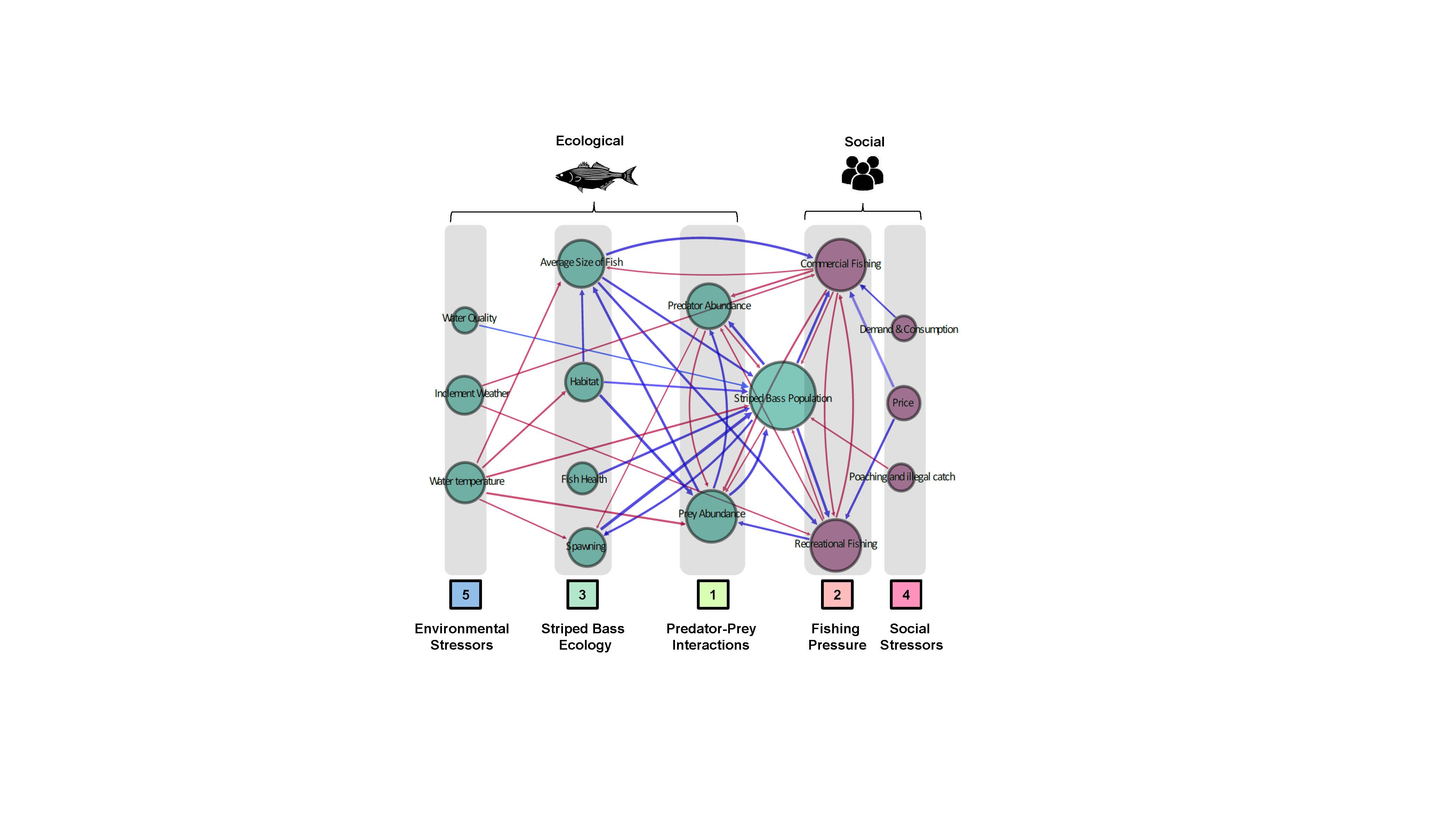Environmental problems require a diversity of insights
“Our research shows that there are real-world pay-offs for being inclusive in problem-solving because people hold diverse knowledge and approach problems from different perspectives,” says Dr. Steven Gray.

There is a long-held assumption that bringing together groups of people with wide-ranging and diverse perspectives leads to better problem solving. However, we do not know if a more diverse group has a better understanding of the nature and scope of the complex problem before developing solutions. In other words, are diverse groups just good at solving pre-defined problems, or can they help create a more nuanced understanding of the problem in order to facilitate problem solving?
A new study recently published in the Proceedings of the National Academy of Sciences tries to answer this question: do more diverse groups of individuals hold more complete and accurate knowledge about complex problems such as human impacts on the environment?
Lead authors, former CSUS graduate student Dr. Payam Aminpour and his advisor Dr. Steven Gray from the Department of Community Sustainability at Michigan State University, explored this question in their recent paper published recently in the Proceedings of the National Academies of Sciences of the United States of America entitled “The diversity bonus in pooling local knowledge about complex problems.” With their coauthors, Drs. Aminpour and Gray conducted their work on the complex environmental problem of how a fishery will react to climate change impacts and human interventions, such as warming ocean temperatures or overfishing.
The researchers used the Internet to crowd-source mental models, or internal representations, and ideas from three types of stakeholders from the Massachusetts striped bass fishery: recreational anglers, commercial fishermen, and local fisheries managers.

They asked an expert panel of fisheries scientists to review the models for four different groups of these stakeholders. Three groups were comprised of only one type of stakeholder - for example just recreational anglers, just commercial fishermen, or just fisheries managers. A fourth group combined the ideas and expertise from all three types of stakeholders.
The models were evaluated by the fisheries scientists on two criteria; how well they represented the complexity of the problems faced by the fishery and how they compared to the best scientific information available on striped bass fisheries. In both criteria, the model developed by the fourth group, which represented the integrated knowledge of all three types of stakeholders, outperformed the models that were created by the groups where only one stakeholder type was represented.
Dr. Aminpour says of this study, “In theory, a diverse group of people are more capable of solving complex problems. What is fascinating and novel about our experiment is that we use a real-world complex problem with real people to show how diverse groups outcompete homogeneous ones.”
Complex problems with no clear answer, such as those facing the Massachusetts striped bass fisheries, require that we integrate knowledge from several different sources to truly understand the dynamics of the problem. Recreational anglers, commercial fishermen, and fisheries managers alone cannot truly understand the complexity of the problem—but it turns out they each hold a piece of the puzzle.
While recreational anglers tended to focus on the social impacts of climate change, commercial fishermen tended to focus on biological and economic changes. Fisheries managers had a strong understanding of policy implications. When integrating all of their perspectives, the complexity of the problem is understood holistically.
Dr. Gray, in reflecting on the implications of this study, says “Diversity is often promoted as an ethical mandate—but our research shows that there are real-world pay-offs for being inclusive in problem-solving because people hold diverse knowledge and approach problems from different perspectives. While we use climate change in fisheries as an example, it is important to note that our findings could be applied to other issues that impact lots of people, but where there is no clear answer: from understanding the dynamics of the opioid epidemic to the impacts of wildfires in the west.”



 Print
Print Email
Email
